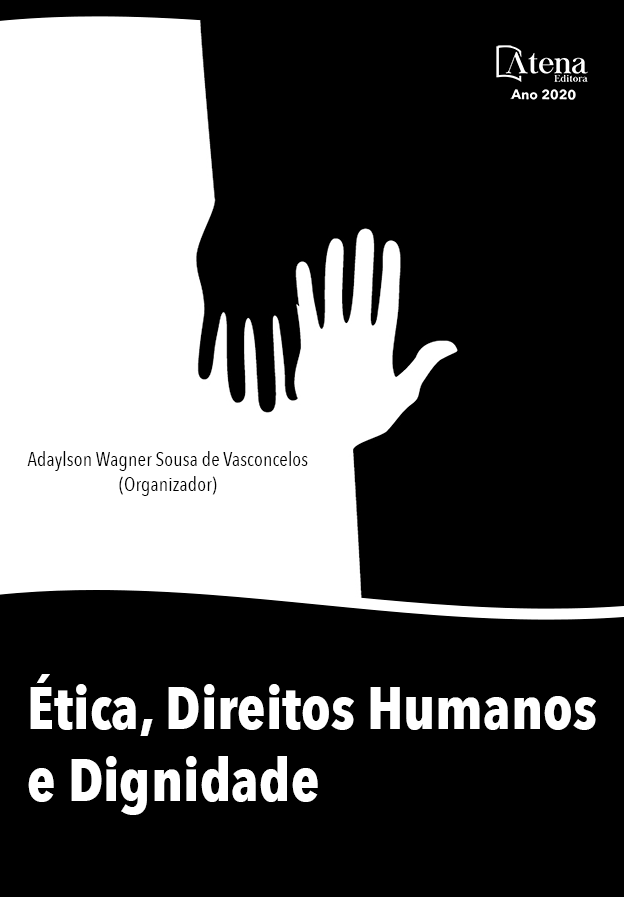
A DESUMANIZAÇÃO DO NASCITURO MICROCÉFALO
RESUMO
Este artigo busca responder em que medida a relativização do direito à vida do nascituro microcéfalo rompe com o ideal básico de Democracia. Para tanto, optou-se por uma pesquisa qualitativa e bibliográfica e método dedutivo de abordagem científica. Define-se, a princípio, por meio da bioética, o marco inicial da vida e da morte e, então, resgata-se, por meio de abordagem histórica, a máxima importância axiológica do referido bem jurídico, que independe de reconhecimento do Estado, dado o seu valor apriorístico. Em seguida, analisa-se o Direito Interno e o Direito Internacional dos Direitos Humanos, demonstrando que os direitos fundamentais e os direitos humanos convergem à proteção do nascituro, inclusive o microcéfalo. Posteriormente, o presente trabalho dedica-se a examinar com correção o julgado da ADPF 54 e as ações pendentes de julgamento da ADPF 442 e da ADI 5581 do STF. Conclui-se que a descriminalização do aborto de microcéfalo é inconstitucional e inconvencional, por desrespeitar a Constituição Federal, os Tratados de Direitos Humanos e o Estatuto da Pessoa com Deficiência. Ademais, o aborto de microcéfalo implica necessariamente a discriminação da pessoa humana, uma vez que a permissão dessa prática sinalizaria que o ser humano com limitações deve ter uma menor proteção jurídica. Por essas razões, entende-se que a desumanização do nascituro microcéfalo, proposta pela ADI 5581, ofende os direitos fundamentais e os princípios constitucionais estruturantes do Estado Democrático de Direito e a noção mais elementar dos Direitos Humanos: o respeito ao próximo.
A DESUMANIZAÇÃO DO NASCITURO MICROCÉFALO
-
DOI: 10.22533/at.ed.1082018098
-
Palavras-chave: Direito à vida, Democracia, Eugenia, Microcefalia, Direitos Humanos.
-
Keywords: Right to life, Democracy, Eugenics, Microcephaly, Human Rights
-
Abstract:
ABSTRACT
This article seeks to answer how the relativization of the microcephalic unborn child’s right to life breaks with the basic ideal of democracy. Therefore, we opted for a qualitative and bibliographical research and a deductive method of scientific approach. The initial milestone of life and death is defined, at first, through bioethics, and then the utmost axiological importance of that legal good – which is independent of the recognition of the State, given its aprioristic value – is rescued, through historical approach. Then, we analyze internal law and international human rights law, demonstrating that fundamental rights and human rights converge to the protection of the unborn child, including those who have microcephaly. Subsequently, the present work is dedicated to exame with correction the judgment of ADPF 54 and the pending lawsuits of the ADPF 442 and ADI 5581 of the brazilian Supreme Court. It is concluded that the decriminalization of microcephalus abortion is unconstitutional and unconventional for violating the Federal Constitution of Brazil, the Human Rights Treaties and the Statute of persons with disabilities. Moreover, microcephalic abortion necessarily implies discrimination against the human person, since the permission of this practice would signal that the human being with limitations should have less legal protection. For these reasons, it is understood that the dehumanization of the microcephalic unborn child, proposed by ADI 5581, offends the fundamental rights and structuring constitutional principles of the Democratic State of Law and the most elementary notion of human rights: respect for others.
-
Número de páginas: 13
- Anna Luiza de Carvalho Lisboa
- Thiago Guedes de Oliveira Lima


